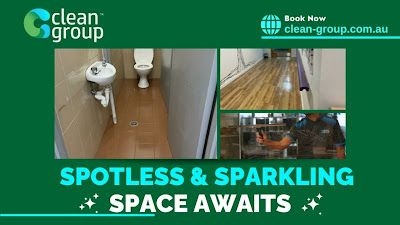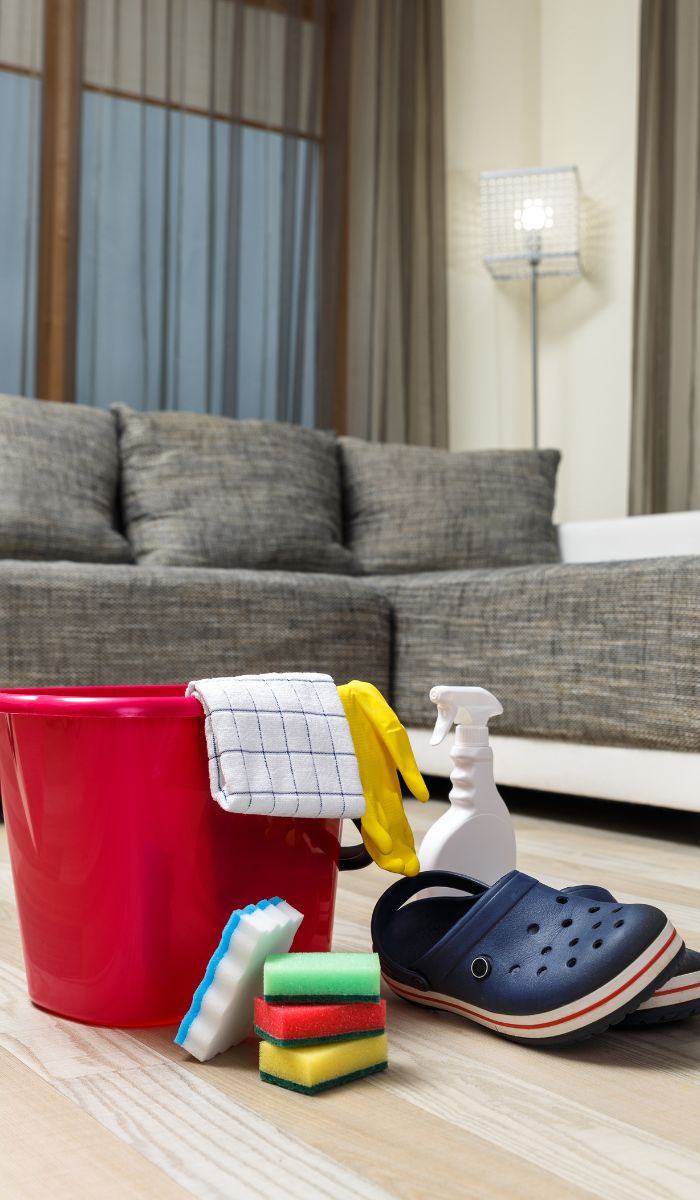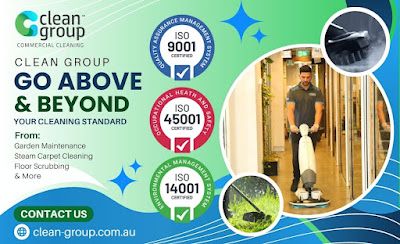
Routine Cleaning Benefits for Business
Differences Between Custodians, Janitors, and Porters
Technological innovations have led to the development of automated cleaning systems, such as robotic vacuums and self-cleaning devices. These devices are designed to make cleaning tasks easier and more efficient, reducing manual labor and improving overall cleanliness. In addition, cleanrooms-specialized environments used for manufacturing or research-require strict cleanliness standards to minimize the presence of contaminants. Automated cleaning solutions are increasingly being integrated into various industries, improving operational efficiency and maintaining high standards of cleanliness without the need for extensive human intervention.
Another trend in the cleaning industry is the rise of automated cleaning technology. At Clean Group, we offer Reliable Office Cleaners in Sydney tailored to meet the unique needs of every business. Whether you manage a small startup or a large corporate space, our Professional Office Cleaners in Sydney deliver consistent, high-quality cleaning solutions at competitive prices. With years of industry experience, our team is equipped with cutting-edge cleaning technologies and eco-friendly products to ensure your office is spotless, hygienic, and welcoming. From routine cleaning to deep disinfection and everything in between, we take pride in being one of the most trusted names in office cleaning services in Sydney. Comprehensive Office Cleaning Tailored for Your Business Clean Group provides all-inclusive office cleaning solutions, which include: Supply and replacement of bin liners and toilet rolls Thorough cleaning of office furniture, desks, and common areas Advanced carpet cleaning and floor care Deep cleaning and COVID-19 disinfection services Washroom sanitisation and office toiletries management Our services are designed to accommodate the specific needs of your workspace, with flexible scheduling options such as daily, weekly, or fortnightly cleaning routines.. Robotic cleaners, such as robotic vacuums and window washers, have become increasingly popular in both residential and commercial settings. These devices use sensors, artificial intelligence, and machine learning to navigate and clean spaces with minimal human intervention. Robotic vacuum cleaners, for instance, can automatically detect dirt and debris, adjust their cleaning patterns to the layout of the room, and even return to their charging stations when necessary. In commercial spaces like hotels and offices, robotic cleaning equipment can perform tasks like floor scrubbing, sweeping, and even cleaning windows, enhancing operational efficiency while reducing labor costs.


